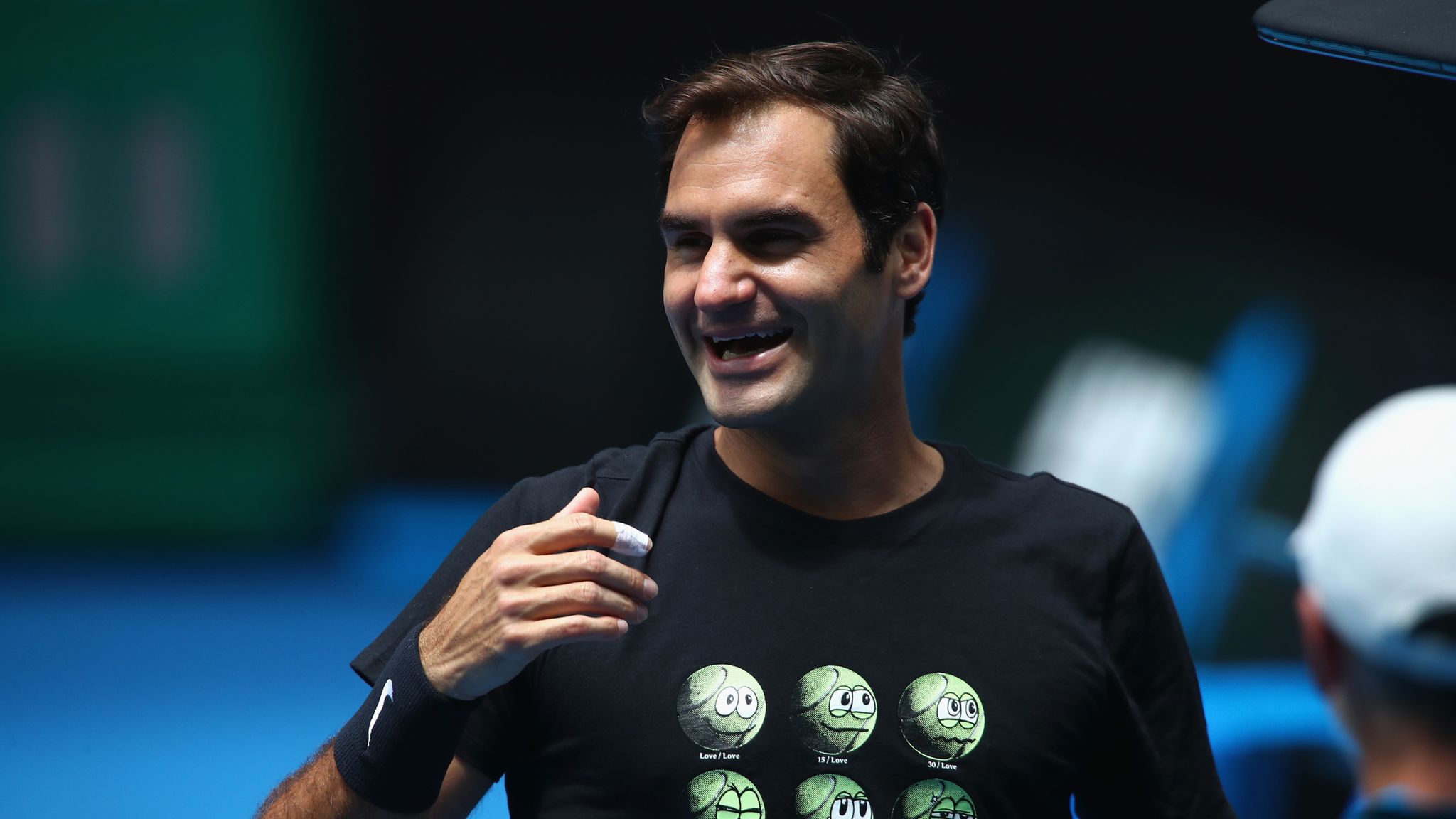Roger Federer, the legendary Swiss tennis player, has recently expressed his concerns regarding a substantial million-dollar contract,
shedding light on his nuanced perspective about the financial intricacies in professional sports.
In a candid interview, Federer revealed that while he acknowledges the financial opportunities available to athletes, he also grapples
with the pressures and potential pitfalls associated with high-value endorsements. He emphasized that, despite the seemingly
attractive nature of such contracts, they come with a range of challenges that can impact an athlete’s career and personal life.
Federer elaborated on how these contracts often entail significant commitments, which can sometimes conflict with an athlete’s
primary focus: their sport. For a player like Federer, whose career has been marked by meticulous preparation and an intense
dedication to tennis, any distraction from training and competition can be detrimental. He pointed out that endorsement deals can
create additional pressures to maintain a public image, manage promotional activities, and meet various brand expectations. This can
be overwhelming and may detract from the time and energy needed to excel on the court.

Moreover, Federer touched on the issue of public perception. High-value contracts can sometimes lead to scrutiny and criticism, with
some critics questioning the ethics of such lucrative deals in the face of broader societal issues. Federer expressed concern that these
contracts might inadvertently fuel a narrative that focuses more on the financial aspects of an athlete’s life rather than their
achievements and contributions to the sport.
In addition, Federer highlighted the importance of finding a balance between financial gains and personal satisfaction. He admitted
that while the financial rewards are undoubtedly significant, they should not overshadow the intrinsic joys and motivations that drive
an athlete’s passion for their sport. Federer underscored the need for athletes to remain grounded and not let financial incentives
undermine their core values and love for the game.
Ultimately, Federer’s concerns reflect a broader conversation about the role of money in professional sports. He advocates for a
mindful approach, where athletes and their teams carefully consider the implications of endorsement deals and strive to maintain a
harmonious balance between financial success and personal fulfillment.
In summary, Roger Federer’s reflections on the million-dollar contract reveal a thoughtful perspective on the complexities of high-
value endorsements in sports. His insights underscore the need for athletes to navigate these opportunities with careful consideration,
ensuring that their primary passion for their sport remains intact amidst the financial allure.


